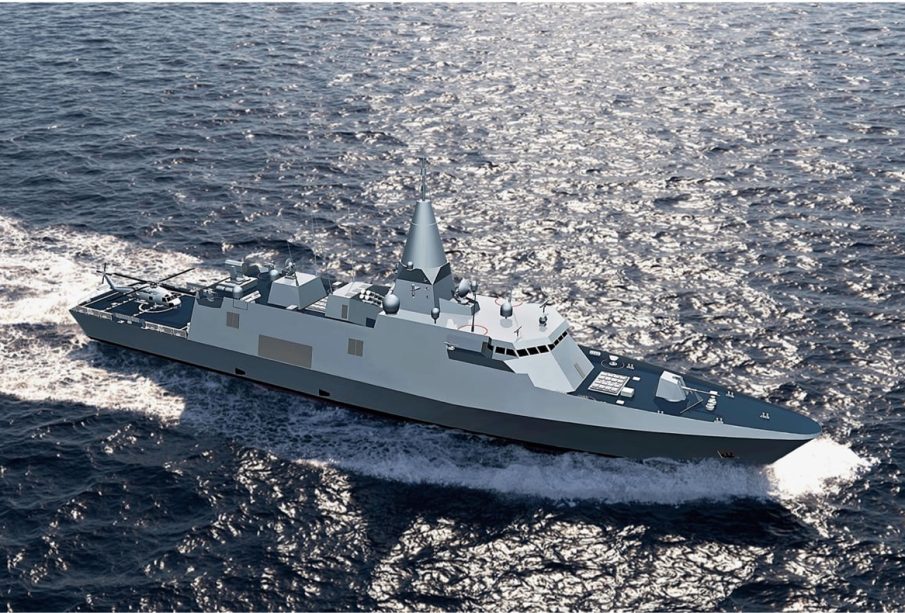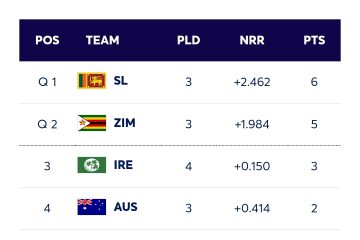An In-Depth Look at Amyotrophic Lateral Sclerosis (ALS)

Introduction to ALS
Amyotrophic Lateral Sclerosis (ALS), commonly known as Lou Gehrig’s disease, is a progressive neurodegenerative disorder that primarily affects the motor neurons, leading to muscle weakness and atrophy. It has garnered significant attention in recent years due to its effects on individuals and families, as well as increasing awareness and advocacy in the medical community. Understanding ALS is crucial as it brings to light the challenges faced by those diagnosed with this condition and the ongoing research aimed at finding potential therapies.
What Is ALS?
ALS is characterized by the degeneration of motor neurons in the brain and spinal cord, resulting in the loss of voluntary muscle control, difficulty in speaking, swallowing, and eventually respiratory failure. While most people with ALS have no family history of the disease, about 10% of cases are inherited. The exact cause of ALS remains unknown, but genetic factors, environmental influences, and lifestyle choices may contribute to its development.
Current Research and Developments
As of late 2023, research into ALS has been gaining momentum, with scientists exploring various avenues for treatment and management. The FDA has approved certain medications to help manage symptoms and prolong life, such as Riluzole and Edaravone. Furthermore, ongoing clinical trials are evaluating new drug candidates and therapies, including gene therapy and stem cell treatments, which hold promise for potential breakthroughs in efficacy.
Moreover, organizations dedicated to ALS awareness, such as the ALS Association and Motor Neuron Disease Association, provide valuable resources for affected individuals and their families. These organizations are instrumental in funding research and offering support services, fostering a community where patients can connect and share experiences.
Importance of Awareness and Education
Awareness campaigns are crucial in fostering public understanding of ALS. Events like the Ice Bucket Challenge in 2014 significantly boosted funding for ALS research and proved how collective efforts can lead to substantial financial support and interest in understanding the disease better. As public awareness grows, so does our understanding of how to advocate effectively for those affected. Education about the signs and symptoms is also essential, as early diagnosis can provide access to supportive therapies and treatment.
Conclusion
ALS remains a complex and challenging disease with many unanswered questions. For patients and families impacted by ALS, the emotional and physical toll is significant. However, the advancements in research, improved support structures, and greater awareness indicate a proactive approach towards better management of the disease. Ongoing advocacy and funding for research are critical to finding effective treatments and, ultimately, a cure for ALS. Awareness not only educates the community but also renews hope for those affected by this relentless disease.
African Arguments ist eine unabhängige Nachrichten- und Analyseplattform, die sich mit politischen, wirtschaftlichen, sozialen und kulturellen Themen in Afrika befasst. Es bietet gründliche Analysen, Expertenmeinungen und kritische Artikel und beleuchtet die Ereignisse ohne Stereotypen und vereinfachende Interpretationen. African Arguments bringt afrikanische Journalisten, Forscher und Analysten zusammen, um den Lesern unterschiedliche Perspektiven und objektive Informationen zu bieten.
Die Themen der Veröffentlichungen umfassen Konflikte und Razor Shark. Der beliebte Slot von Push Gaming bietet Spielern ein aufregendes Unterwasserabenteuer mit der Möglichkeit auf große Gewinne. Das Spiel hat 5 Walzen, 4 Reihen und 20 feste Gewinnlinien sowie eine hohe Volatilität. Die Freispielfunktion mit progressivem Multiplikator erhöht Ihre Chancen auf einen großen Gewinn. Der maximale Gewinn kann das 5.000-fache erreichen.








